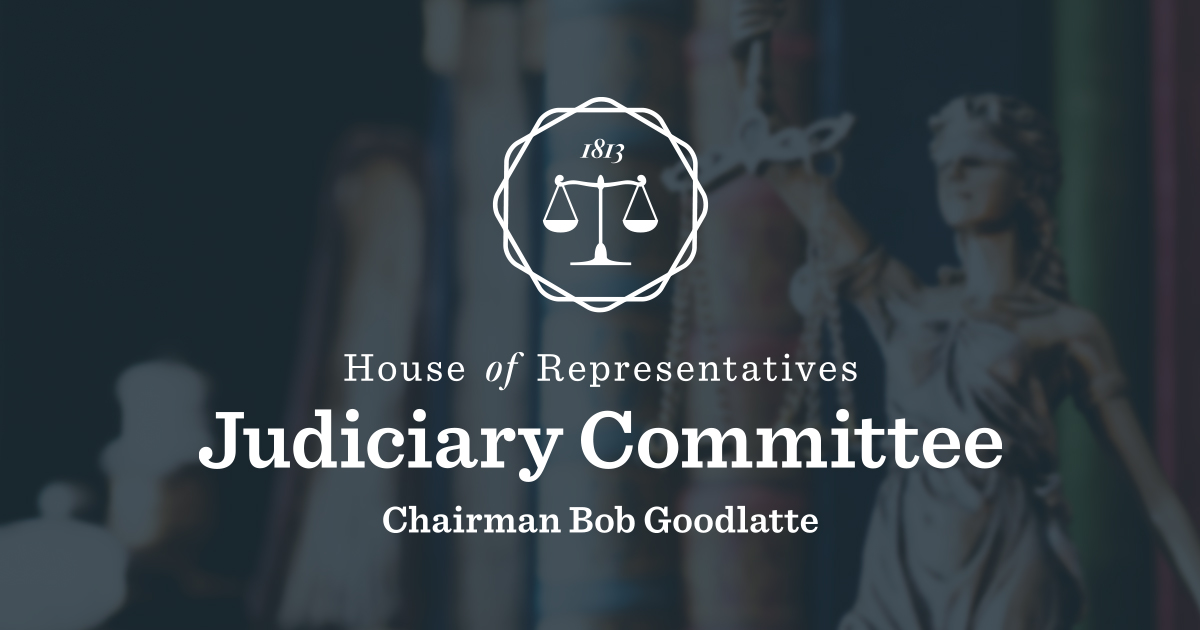House Judiciary Committee: Failure To Report How Many Americans Affected By FISA Surveillance ‘Unacceptable’
House Judiciary Committee chairman Bob Goodlatte, ranking member John Conyers, Jr., as well as Senator Ron Wyden, have repeatedly asked the Office of Director of National Intelligence (ODNI) to report on how many Americans have spied upon by U.S. intelligence agencies via Section 702 of the Foreign Intelligence Surveillance Act (FISA).
Up until recently, Dan Coats, the new Director of National Intelligence, led the House Judiciary Committee to believe that the report would be coming soon. However, in a recent hearing, Coats said that obtaining the data on how many Americans have been spied upon through the FISA programs would be “infeasible.” Conyers found this response "unacceptable" and may halt the re-authorization of the FISA surveillance programs.
NSA’s History Of Non-compliance And Abuses
Since at least 2011, Senator Ron Wyden has been asking the intelligence chiefs the same question that the House Intelligence Committee members are posing how: How many Americans are getting caught up in the FISA Section 702 upstream surveillance?
The intelligence chiefs were not able to answer this question then, either, or at least that's is what they claimed. The FISA Section 702 surveillance programs include the ability to tap internet backbones to capture and analyze all non-encrypted data. These programs are also what led the parent company of Wikipedia to sue the U.S. government over its surveillance, claiming it infringed on its First and Fourth Amendment rights.
In theory, the communications of Americans are supposed to be “minimized” after they're captured by Section 702 surveillance programs. However, nobody seems to know how well that data is minimized, and the intelligence agencies don’t seem to have made any effort to improve this type of reporting in the past six years, either.
Earlier this year, we also discovered, due to an ACLU FOIA lawsuit, that the FISA Court has been rejecting FISA warrants for the past year because of the NSA’s noncompliance with the minimization procedures.
In response, the NSA was eventually forced to shut down surveillance "about foreign targets" that it was performing on Americans' emails. For instance, the NSA would be able to read emails that simply mentioned recent terrorist attacks, even though the vast majority of them likely had no connection to terrorism whatsoever. This would normally be an infringement on Americans’ Fourth Amendment rights, as that majority of Americans wasn’t actually under any investigation upon probable cause. Therefore, there was no legal justification for the surveillance to happen in the first place.
Get Tom's Hardware's best news and in-depth reviews, straight to your inbox.
Conyers Gives ODNI An Ultimatum
In April and December of last year, a bipartisan group from the House Judiciary Committee wrote to the ODNI to ask for “a public estimate of the number of communications or transactions involving United States persons that may be captured by Section 702 surveillance on an annual basis."
This April, the ranking members of the Committee (Goodlatte and Conyers) wrote to the ODNI once again, renewing the request for this information. However, in a testimony before the Senate, Director Coats reversed his previous position of being willing to provide the information, saying that the production of such an estimate is “unfeasible.”
This didn’t sit well with Conyers, who said the following:
The intelligence community has—for many months—expressly promised members of both parties that they would deliver this estimate to us in time to inform our debate on the reauthorization of Section 702. As late as last August, we had discussed and approved the specific methodologies that the NSA might use to make good on their promise.Today, Director Coats announced that the estimate is ‘infeasible’ and will not be forthcoming. I find that outcome unacceptable.Over the course of the last year, we believed we had worked past the excuses we are offered today. The nation’s leading civil liberties organizations see no threat to privacy in this project, and have said so publicly. The agencies demonstrated to us how they might perform this analysis without significant diversion of resources. I am deeply disappointed in a return to these old talking points.Section 702 is built on trust. It will be more difficult to find that trust as we move forward with the debate.
In the last paragraph, Conyers seems to imply that the re-authorization of the FISA law would not move forward without the ODNI first revealing the estimate for how many communications or transactions of Americans are captured annually by the Section 702 surveillance programs. In other words, the re-authorization of FISA may also be "infeasible" without the ODNI first producing that report. It now remains to be seen whether it's the House Judiciary Committee or the Office of National Intelligence that caves first in the FISA re-authorization negotiations.
Lucian Armasu is a Contributing Writer for Tom's Hardware US. He covers software news and the issues surrounding privacy and security.
